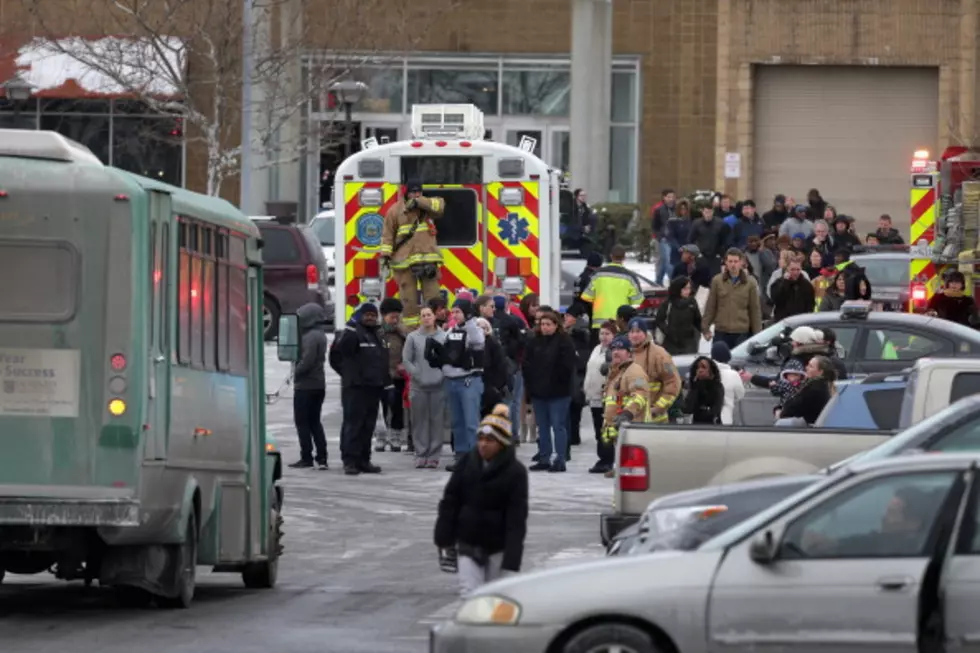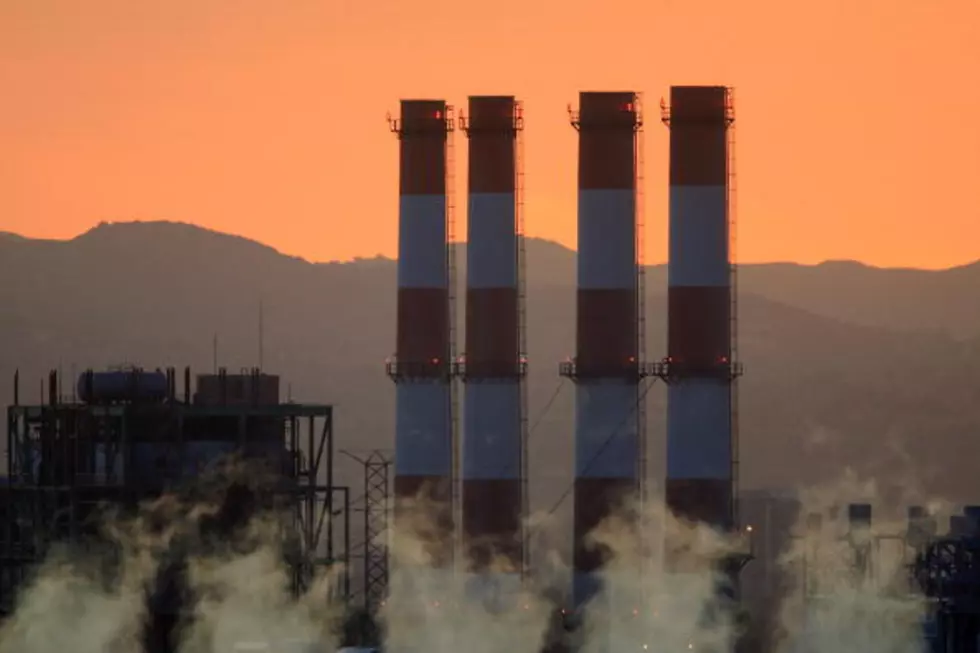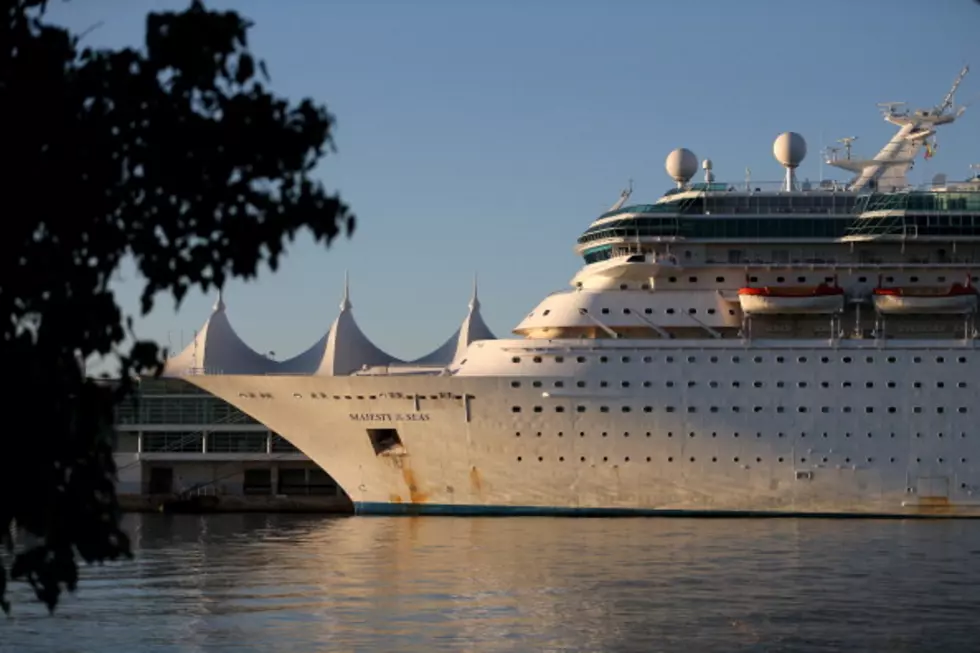
Americans Still Held Hostage in Algeria, State Dept. Says
The Obama administration said Friday it was trying to secure the release of Americans still being held hostage on the third day of a standoff with militants at a natural gas complex in the Sahara, as other U.S. citizens were being flown out of the country for recovery in Europe.
State Department spokeswoman Victoria Nuland said the U.S. was working closely with Algeria at a time that the North African country was coming under increased global criticism of its handling of the attack. She said Secretary of State Hillary Rodham Clinton spoke for the third straight day with Algerian Prime Minister Abdelmalek Sellal to express concern about the remaining U.S. citizens in captivity and to demand that any counterterror operation ensure civilian losses are minimalized.
The Algerian state news agency reported that 12 hostages have been killed since Wednesday, the start of the operation to rescue them.
The Algerians "are dealing with people who have no respect for human life, and you know it is obviously in our interest to see them successfully bring this situation to a conclusion," Nuland told reporters in Washington. She declined to say how many Americans were still in harm's way for fear of compromising their safety.
She spoke as some Americans were being ferried out of Algeria.
She also rejected a demand by militants to trade two American hostages for prominent terror figures jailed in the U.S., stating flatly: "The United States does not negotiate with terrorists."
BP evacuated one American, along with other foreign workers, to Mallorca, Spain, and then to London. And an American official said a U.S. military C-130 flew a group people, including some lightly wounded or injured, from Algiers to a U.S. facility in Europe on Friday. The official wasn't authorized to speak publicly on the matter and requested anonymity.
Earlier Friday, Algeria's state news service reported that nearly 100 of the 132 foreign workers kidnapped by Islamic militants were free. That number of hostages at the remote desert facility was significantly higher than any previous report, but questions remained about the fate of more than 30 other foreign energy workers.
In London, Defense Secretary Leon Panetta met with British Prime Minister David Cameron at No. 10 Downing Street to assess their governments' understandings of the situation. At King's College, Panetta said the U.S. is "working around the clock to ensure the safe return of our citizens" and that terrorists should be on notice they will find no sanctuary in Algeria or North Africa.
In Washington, the White House said President Barack Obama was being briefed Friday by his national security team. His top aides were in touch with Algerian officials as well as BP's security office in London. BP jointly operates the natural gas plant.
Despite increased concern from world leaders about Algeria's apparent reluctance to coordinate a response, Nuland stressed that the U.S. and the North African country maintained "effective cooperation."
The militants — led by a Mali-based al-Qaida offshoot known as the Masked Brigade — seek the freedom of Omar Abdel Rahman, a blind sheikh convicted of plotting to blow up New York City landmarks and considered the spiritual leader of the 1993 World Trade Center bombing, and Aafia Siddiqui, a Pakistani scientist convicted of shooting at two U.S. soldiers in Afghanistan.
The desert siege began Wednesday when the militants attempted to hijack two buses at the plant, were repelled, and then seized the sprawling Ain Amenas refinery 800 miles south of Algiers. They had claimed the attack came in retaliation for France's recent military intervention against Islamist rebels in neighboring Mali, but security experts have said it must have taken weeks of planning to hit the remote site.
___
Associated Press writers Lolita C. Baldor in London and Robert Burns in Washington contributed to this report.
Copyright 2013 The Associated Press.
More From New Jersey 101.5 FM



![U.S. Headed for Domestic Oil Only? [AUDIO]](http://townsquare.media/site/385/files/2014/02/143637418-300x200.jpg?w=980&q=75)



![Debt and No Degree: A New Trend? [AUDIO]](http://townsquare.media/site/385/files/2014/01/10462763565_f7754242d6_b.jpg?w=980&q=75)

